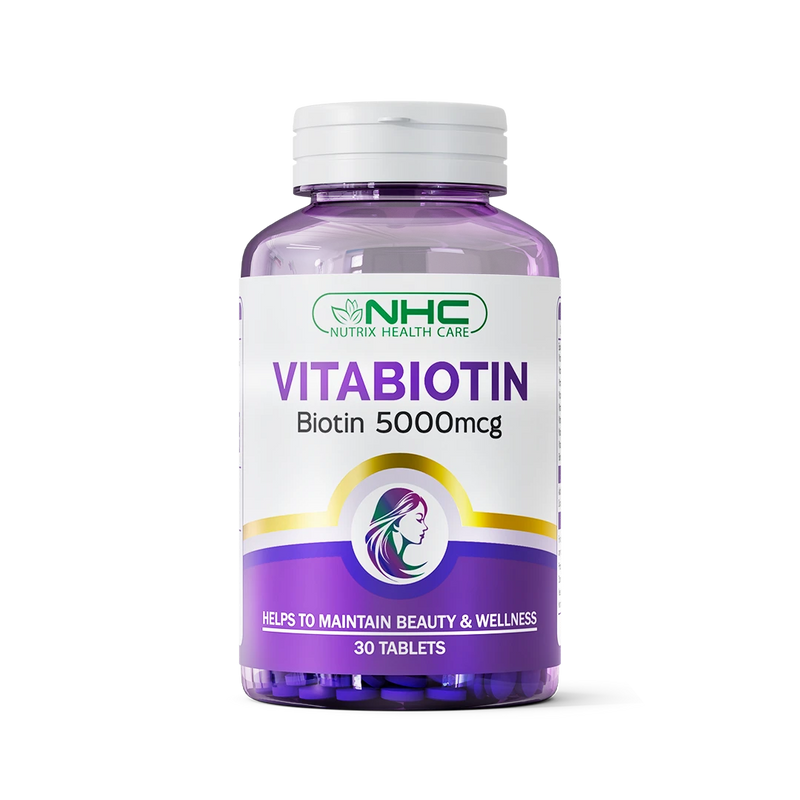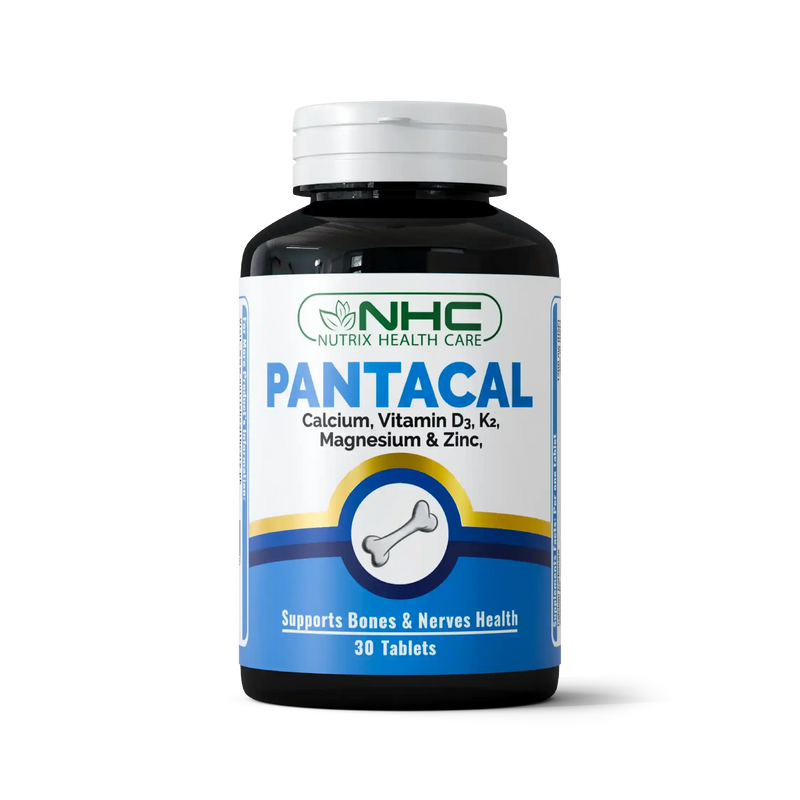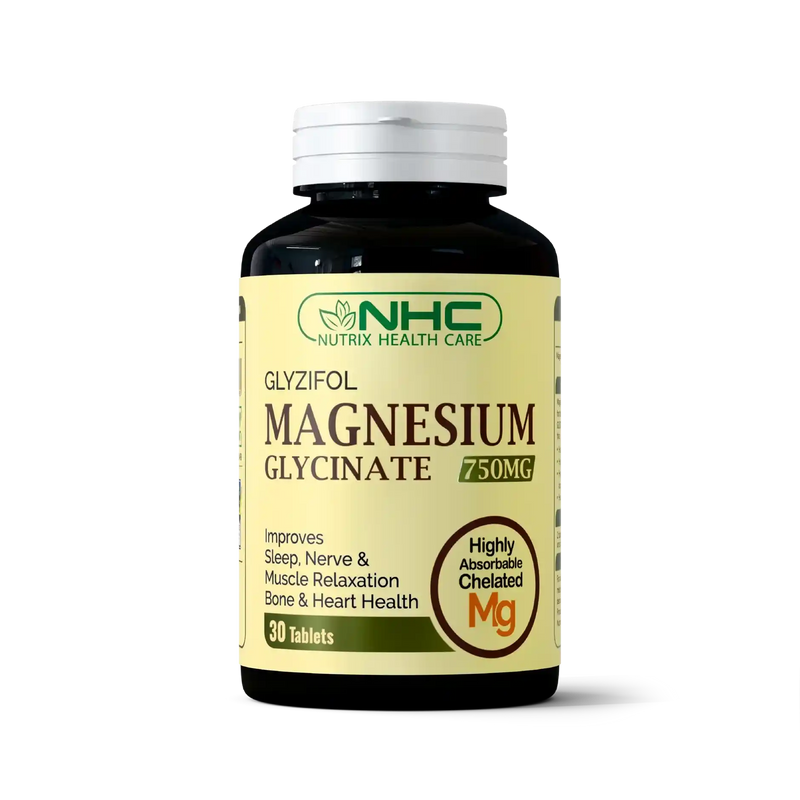Why is Iron Important for Our Health?
Do you ever feel tired all the time without any particular reason? Or perhaps no matter how much you rest, you never find yourself active enough? One of the major and common reasons for this could be an iron deficiency.
What is Iron?
Iron is a vital mineral to maintain healthy blood cells. A lack of iron in the body is called iron deficiency or anaemia. It is one of the most common nutritional deficiencies worldwide, causing extreme fatigue and lightheadedness.
Anaemia is not age-specific and can affect any gender at any age. However, children, expecting and menstruating women, and people receiving kidney dialysis are at the highest risk of getting it.
Importance of Iron
1. Boosts Energy

The main reason for iron's presence in our body is to carry oxygen via the haemoglobin of red blood cells to the rest of the body, providing energy. That is why fatigue and lack of energy are among the most prominent symptoms of iron deficiency.
2. Treats Anemia
Anaemia is the condition of not having enough healthy red blood cells or haemoglobin in the body. These red blood cells provide oxygen to the body's tissues. Iron helps increase red blood cells, hence treating anaemia.
3. Enhances Physical Performance And Endurance
Since the primary purpose of iron inside our body is to transport oxygen to the muscles, its deficiency will impair oxygen delivery. This can potentially reduce physical performance, strength, and endurance. Moreover, poor oxygenation can slow down recovery processes post-exercise.
4. Promotes a Healthy Immune System
Iron is essential for a healthy immune system as it supports the growth and differentiation of immune cells. Adequate iron levels help maintain the integrity of epithelial barriers that prevent infections.
5. Supports Healthy Pregnancy
During pregnancy, the mother’s blood volume increases significantly to aid the baby’s proper development. Hence, the body needs more iron. The additional blood volume helps transport sufficient oxygen to both the mother's tissues and the growing baby.
Who Is At Risk of Iron Deficiency?
Routine checkups are important to ensure optimal health conditions. You should also get your iron levels checked for any potential deficiencies. Some people are at a higher risk of deficiency. This list includes:
- Pregnant females
- Females with heavy menstruation cycles
- Vegetarians
- People who dislike meat
- People who donate blood frequently
- Elderly
Daily Iron Requirement By Age And Sex
The desired dosage of iron content is significant and necessary to understand. According to various studies and research, the required dosage is not the same for all.
You need to take into account various factors like age and sex to determine the right dose.
1. Males
9–13 years: 8 mg
14–18 years: 11 mg
19 years and older: 8 mg
2. Females
9–13 years: 8 mg
14–18 years: 15 mg
19–50 years: 18 mg
51 years and older: 8 mg
During pregnancy: 27 mg
While lactating at younger than 18 years: 10 mg
While lactating at older than 19 years: 9 mg
3. Children
1–3 years: 7 mg
4–8 years: 10 mg
Your medical healthcare advisor may prescribe some supplements to quickly fulfil any deficiencies.
Natural Food Sources of Iron

Some foods are rich in this essential nutrient. Consuming them will help to fulfil your nutritional needs. Some prominent examples of these foods include:
- Fish
- Spinach
- Organ meats
- Red meat
- Legumes
- Pumpkin seeds
- Broccoli
- Tofu
- Dark chocolate
Conclusion
Iron has several benefits. From boosting energy, giving strength and endurance, and enhancing immunity to helping the baby inside the womb, it plays a significant role.
Eating foods rich in this mineral is essential for healthy living. These foods include spinach, fish, meat, pumpkin seeds, tofu, dark, legumes, and broccoli. However, if you still cannot improve your iron levels, consult a doctor and get a prescription for additional supplements in the required dosage.
FAQs
1. What is the importance of iron supplements in the body?
The supplements are essential for those who struggle to improve low levels through food sources with iron alone.
2. Signs iron pills are working.
You may feel energetic, and less tired.
3. Why is Iron a vital resource?
Because it transports oxygen to different parts of the body.
4. What are the 5 benefits of iron?
The top 5 benefits of this mineral include boosting energy, enhanced immunity, improved strength and endurance, treatment of anaemia, and healthy pregnancy.
5. How much iron is needed per day for a woman?
The iron dosage depends upon age and medical conditions. However, the average dosage is 10mg.
References
healthline.com/health/iron-nutrient#benefits
ecommons.aku.edu/cgi/viewcontent.cgi?article=1031&context=pakistan_fhs_mc_med_intern_med#:~:text=Recent%20statistics%20shows%20a%20prevalence,in%20Pakistan%20suffer%20from%20anemia.
who.int/news-room/fact-sheets/detail/anaemia#:~:text=Globally%2C%20it%20is%20estimated%20that,due%20to%20disability%20in%202019.


